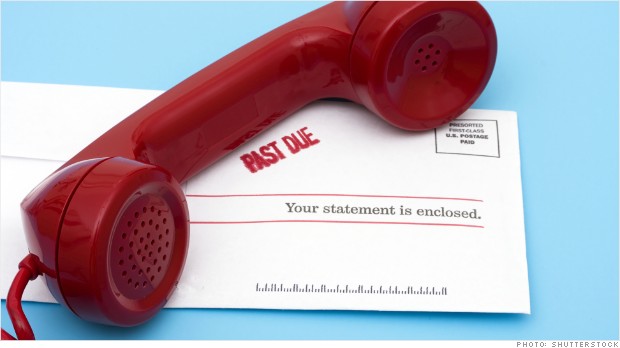Recently many of our clients have received aggressive, intimidating calls from debt collectors for very old accounts. I got on the phone with one of these companies and was appalled by their blatant violations of the Fair Debt Collection Practices Act (FDCPA). I believe the company I spoke with was one of the ‘bottom feeders’ of debt collection, using whatever unscrupulous tactics they can to get someone to pay.
Here are some FDCPA violations you should be aware of.
- Mini-Miranda warning. Any call from a legitimate debt collector will inform the consumer that the call is from a debt collector and they are calling to collect a debt.
- Calls to a relative or friend about your debt. Collectors cannot call a third party. Even if they call you they must first verify the person they are speaking with is you before discussing the debt.
- Calls to your employer. If it is a call from a debt collector, it’s a violation. Also they cannot claim to garnish your wages (when there has been no judgment already awarded for the debt).
- They insinuate they are a law firm. They will often use terms that confuse consumers into believing they are a law firm and a lawsuit is being filed. This misrepresentation is an FDCPA violation. If an actual law firm located in your state of residence is calling, take that seriously; a lawsuit may be imminent.
- State a balance due that is much higher than the principal. In a recent case (see blog post), a federal court ruled that the debt buyer collection agency could not charge interest from the date of charge off with the original creditor. At most, the debt buyer can charge interest from the date it purchased the debt and only if the original contract allows for it.
- They call you after you sent a cease and desist letter. For our clients, we always include a cease and desist in our validation of debt letters to all debt collectors. Any call after that should be logged (date time and phone number) for potential FDCPA violations
- They say they can sue you or offer settlement on a debt that is past your state’s statute of limitations for collection. Not only are they not allowed to threaten litigation, but a recent federal court ruled that even a settlement offer on “time-barred” debt is a misrepresentation of the debt and violation of FDCPA.
There are more actions that violate the FDCPA but the issues above happen quite often. So what should you do if you get calls from a debt collector? Read this blog and find out!

